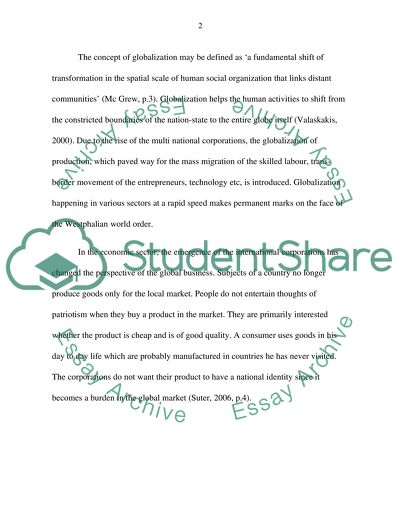Cite this document
(“How is the contemporary globalization altering or undermining the Essay”, n.d.)
Retrieved from https://studentshare.org/environmental-studies/1421173-how-is-the-contemporary-globalization-altering-or
Retrieved from https://studentshare.org/environmental-studies/1421173-how-is-the-contemporary-globalization-altering-or
(How Is the Contemporary Globalization Altering or Undermining the Essay)
https://studentshare.org/environmental-studies/1421173-how-is-the-contemporary-globalization-altering-or.
https://studentshare.org/environmental-studies/1421173-how-is-the-contemporary-globalization-altering-or.
“How Is the Contemporary Globalization Altering or Undermining the Essay”, n.d. https://studentshare.org/environmental-studies/1421173-how-is-the-contemporary-globalization-altering-or.


